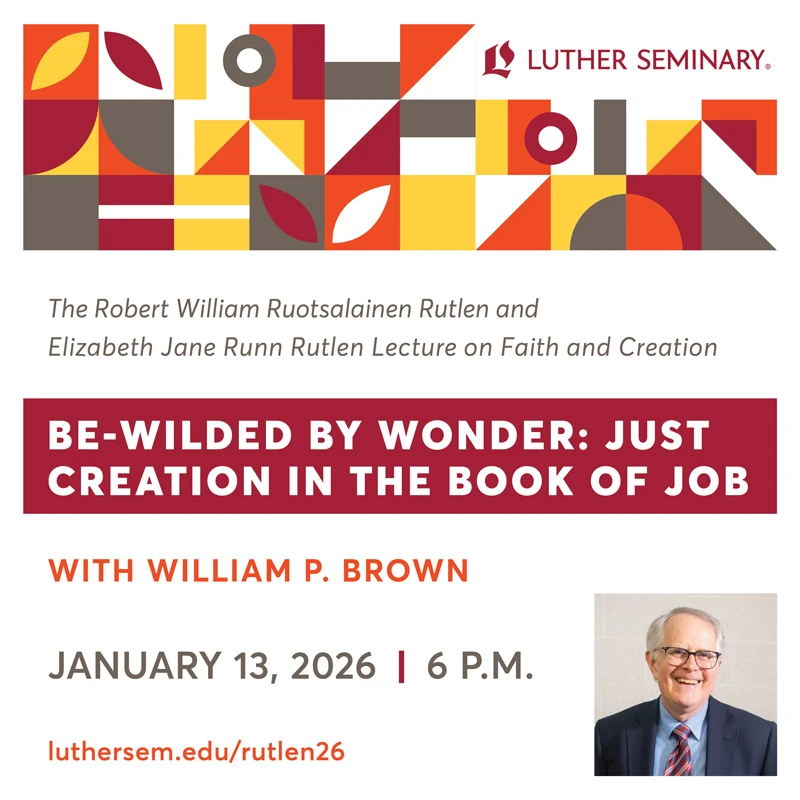When I turned on my computer this morning, I saw breaking news: another well-known Christian leader unveiled as an abuser. I picked up my phone to text the link to my friend Jason, then thought better of it. These stories seem to break weekly, if not daily. Trying to keep up can be exhausting, demoralizing.
When Jason and I started writing our book Mid-Faith Crisis, we were dismayed (but not surprised) to realize just how often folks cite toxic Christian leaders or unhealthy church communities as the reason they began to doubt the goodness of God or the truth of Jesus’ teaching. And I get it: we wrote this book in part because of our own painful experiences. For me, it was the damage inflicted by my childhood church that formed the cornerstone of my story; for Jason, it was the shock of discovering his long-time hero in the faith was as egregious a predator as they come.
Unfortunately, we’re in good company.
The book of EzekielEzekiel was a priest and prophet who was raised in Jerusalem and exiled to Babylon in 597 BCE. More, dating back thousands of years, prophesies against the “shepherds of Israel” who consume rather than provide for their flock. Rather than protecting, they destroy, preying upon the people under their care while leaving them vulnerable to other predators who are eager to take advantage of their weakened state. Meanwhile, these predator-shepherds have not fulfilled their basic responsibilities: they did not nurture their flock, care for the sick and restore the lame; did not go searching for the sheep who were lost but acted so harshly and brutally that the sheep were all the more likely to run off and find themselves stuck and alone in the wilderness.
To say that these words from Ezekiel ring true today is an understatement. As we immersed ourselves in the stories of hurting Christians (or ex-Christians or would-be Christians) the theme of wilderness wandering was always at the forefront. If you’ve placed your trust—investing your life, energy, even your family—in a leader or ministry that promised to lead you to God but abused, neglected, treated you harshly, and led you astray … well, what’s your next move? Not only do we find ourselves broken and lost, we’re disoriented about what is true and who is trustworthy. In another circumstance, we might ask for help, turn to wise guides or friendly companions—but when trust has been so deeply broken, what then?
Wilderness is the word, for sure.
But what makes these scenarios even more heartbreaking is that so often the wounded person tries to find help for themselves and others, tries to sound the alarm—only to be silenced. “Don’t sow division in the church!” they’re told. “How dare you accuse God’s faithful servant!” Other times there seems to be a tacit acknowledgement that things are not right—but telling the truth would cause too much damage to the ministry, the church, to the man himself. The person who has been harmed is treated as though she were the perpetrator who must be silenced, sidelined, sent away—lest she tell the truth and harm God’s work in the world.
But it is not the survivors’ truth-telling that poses a danger to truth and goodness; it is the perpetrators’ sinful actions. Listen to Ezekiel again:
This is what the Sovereign Lord says: Woe to you shepherds of Israel who only take care of yourselves! Should not shepherds take care of the flock?… I am against the shepherds and will hold them accountable for my flock. I will remove them from tending the flock so that the shepherds can no longer feed themselves. I will rescue my flock from their mouths, and it will no longer be food for them. (Ezekiel 34:2b, 10)
Friend, if you have been harmed by a church community or toxic leader, God does not ask for your silence. Ezekiel shows us with direct and dramatic language that there is no collateral damage God finds acceptable in the name of stabilizing a ministry. Rather, God stands against these shepherds and for the scattered, wounded sheep. “I am against the shepherd” God says, through the prophet long ago. “I will hold them accountable, I will remove them from the flock.” Yes, even if this means they can no longer care for themselves. The good shepherd will not stand by while his children are destroyed to protect a dangerous man—no matter how influential his name or how powerful his ministry.
But what about the sheep already scattered into the wilderness? What about me, and all the others who have been harmed in the process, who have been shut out, left hurt and broken, half-consumed, alone and abandoned, not knowing which way is up, where to go, or who to trust?
Here is where the good news comes in: God is for you. You who have been harmed by the church, abandoned by toxic leaders? You are the one God sees, the one God is intent on finding, standing with, rescuing and protecting. You are not collateral damage; you are the guest of honor, the main event, the focus of God’s compassion and energy. Ezekiel continues:
“For this is what the Sovereign Lord says: I myself will search for my sheep and look after them. As a shepherd looks after his scattered flock when he is with them, so will I look after my sheep. I will rescue them from all the places where they were scattered on a day of clouds and darkness.” (34:11-12)
As we wrote my story of being harmed by the church, Jason pointed me to Jesus’ words against the religious leader who tossed the blind man JesusJesus is the Messiah whose life, death, and resurrection are God's saving act for humanity. More healed out of his worshipping community. Like Ezekiel, Jesus doesn’t stand for it. Jesus declares that he himself is the gateGates are openings in walls or fences for entrance and departure. In the Bible (as in Ruth and the prophets) the city gate was a commercial center where business and social transactions took place. In Amos the gate is the location of the law court... More, the door—not blocking the sheep from coming to rest, but blocking the wolves and false shepherds from harming his own.
For those of us who wander lost and broken, this is good news. And for those of us who shepherd, Ezekiel’s words are a warning: Our calling is not to hide behind authority and platform, but to serve. To bind up the broken and care for the weak and nurture all those who are hungry, in Jesus’ name.
What would it take for us to receive this word from God and prioritize God’s beloved lost sheep and stop protecting the toxic shepherds?







